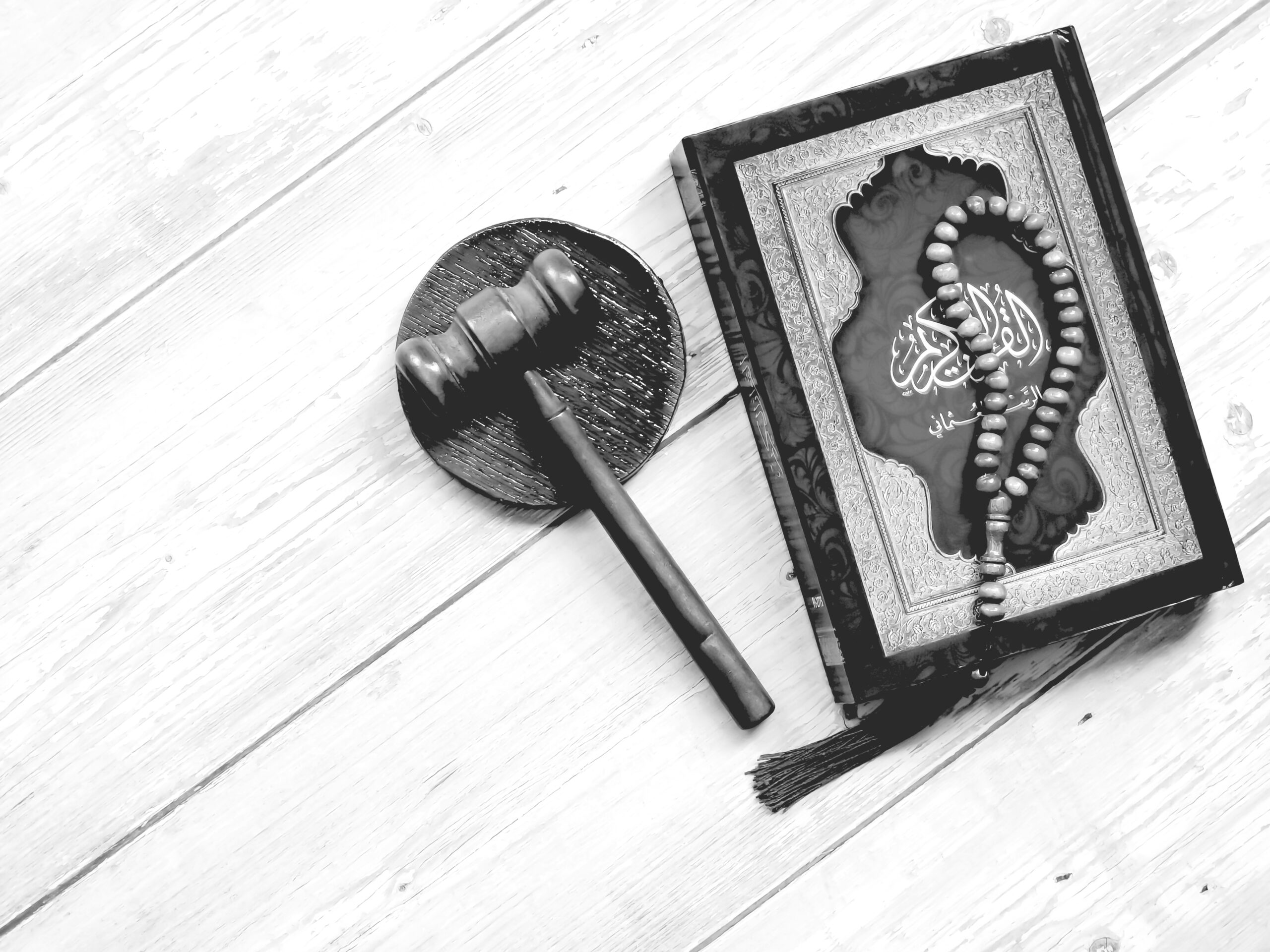Guardianship of Children

By Amira Sonbol
Source: Early Modern Egypt and Palestine Records for the Court of Qisma ‘Arabiyya
Summary
Personal status laws are being reviewed today, focus being placed particularly on guardianship of children. While personal status law is said to be dictated by the Shari’a—hence the difficulty in changing them—in actual fact, practices and legal decisions rendered by Shari’a court judges previous to the modernization of law and the introduction of Personal Status Laws by modern states, showed great variety and clear distinctions between how guardianship is handled today and how it was handled in the past. The same can be said for wilaya over girls when it comes to marriage, guardianship and wilaya both being considered to be the prerogative of males within the family starting with the father, moving to the grandfather and then to an uncle or an older brother. The following cases are meant to illustrate some of the variations in legal practices before modern Personal Status codes we introduced.
Mother as natural and preferred guardian
“The Qassam (judge in Qisma `Askariyya courts that deal with inheritance), may God bless him, assigned the woman Fatma … as guardian and spokes person for her two sons, the infant Shams al-Din son of the deceased Mahfuz, and the minor Muhammad Abul-Surur, orphan of the deceased Muhammad Abul-Surur. She is to take care of them, make decisions on their behalf and about them in regards to buying and selling, receiving and giving, cashing [funds], spending [it], [handle] all legal matters and perform all functions expected of a legal guardian according to the law and to do what is involved in guardianship legally with good will and their [the children’s] welfare, until they each reach maturity to handle their religious duties and their money. This decision was rendered in the presence of the paternal grandfather of the two boys mentioned above and the khawaja (title given to an important merchant) the honorable al-Zini `Abdal-Rahman … the merchant from the Ja`lun market… They accepted this [mother’s guardianship] in the legal way and the Qassam assigned the above-mentioned boys’ grandfather, the khawaja `Abdal-Rahman, as nazir (supervisor) and spokesman on behalf of the boys over the guardian so that she cannot undertake any transactions without his prior knowledge and discussing it with him.”
(Qisma `Arabiyya, 1013-1604, 16:119-214)[i]
This situation is found frequently in inheritance records. The mother was seen as the most appropriate guardian for her children and their assets. Judges usually had no problem in making mothers guardians; in this particular case, however, the grandfather appears to have been an important man and it was advantageous to the boys that he remained active in their concerns. As the boys grew, negotiating decisions over their future and over investing their inheritance would be on-going between the mother and the father’s family with the mother making the decisions. How far the grandfather would interfere in their lives cannot be seen from the document, but it seems that his role would probably be that of an aloof or on-hands patriarch stepping in when needed or watching for every decision made by the mother.
Giving over-supervision of a woman’s guardianship to an older or more prestigious member of the family appears to have been a common practice; but it was more common for judges to assign mothers or older sisters full guardianship and total control of minor children’s “person and money” (“nafs wa mal”). This happened both when the estate was not a rich one (Qisma `Arabiyya, 1061 [1651], 41:490-652) and when the estate was substantial and children’s relatives included important personalities.
In such a case dating from the mid-17th century, the widow was made guardian over the estate by the chief qadi with authority over the property of her minor child, her adult daughter (referred to as al-mar’a or woman), her unborn child and overseer for the elderly parents of her deceased husband. Present in court as witnesses to this decision were numerous major merchants associated with her husband and members of the family. The estate was presented in details and is quite substantial including “… the deceased’s house in Cairo in the Waraqa street (street of merchants dealing in paper), formed of his home and a building, the shop in al-Ghuriyya street…” and an extensive inventory of slaves and goods. The wife was instructed to pay a debt he owed to a partner and to be responsible in front of the heirs in regards to managing her deceased husband’s property. (Qisma `Arabiyya, 1061 [1651], 41:523-706. [1]
[i] The case gives two different names to the boys and yet mentions the name of the grandfather as being the grandfather of both boys. No explanation is given.
[1] This material is from an article I wrote by the title “Living and Working Together”, published by L’Homme: Europäische Zeitschrift für Feministische, 2007.
